Escalating trade tensions between China and the EU
Suddenly after Chinese Foreign Minister Wang Yi wrapped up his European tour, China's Ministry of Commerce announced a permanent anti-dumping duty of 34.9 percent on imported spirits from the EU, including French cognac. The measure took effect on July 5 and will remain in place for five years.
However, China has made some notable exceptions. According to the country's Ministry of Commerce, 34 EU spirits producers will be exempted from the tariffs if they fully comply with previously agreed pricing commitments. Among the exempted companies are prominent brands such as Martell (owned by Pernod Ricard) and Rémy Martin (owned by Rémy Cointreau).
Notably, anti-dumping duties will not be applied retroactively to EU spirit shipments imported between 11 October 2024 – when the provisional duties were imposed – and 4 July 2025.
European Commission spokesman Olof Gill has slammed the decision, calling Beijing's measures "unfair and unfounded".
The previous provisional tariff of 39% was imposed by China from October 2024 as part of an anti-dumping investigation. Formally, the investigation was launched based on a petition filed by the China Wine Association a year ago. However, analysts say the move is seen as part of a series of trade retaliation measures by China in response to the EU's decision to impose tariffs on Chinese electric cars. In addition to the spirits tax, Beijing has also proposed tariffs on EU meat and dairy products and filed a complaint with the World Trade Organization (WTO).
Beijing's move comes after the EU officially approved permanent tariffs of up to 35.3% on Chinese electric cars in late October 2024, reflecting a tit-for-tat cycle. France had previously lobbied to prevent tariffs on spirits exports to China, an issue that has been raised in high-level contacts, from President Emmanuel Macron's visit to Beijing in 2023 to French Prime Minister François Bayrou's visit in January 2025.
Despite efforts at dialogue, the EU-China trade imbalance continues to be a source of tension. According to Eurostat, in 2024, the EU recorded a trade deficit in goods of €304.5 billion with China – exports of €213.3 billion while imports from China amounted to €517.8 billion. Although the share of imports from China decreased slightly by 0.5% and exports to China decreased by 4.5%, China remains the EU's largest trading partner in terms of imports and third in terms of exports.
Figures from the General Administration of Customs of China confirm this trend: total bilateral trade in 2024 reached 785 billion USD (+0.4%), of which China exported 516.46 billion USD (+3%) to the EU and imported 269.36 billion USD (-4.4%).
The meeting between Foreign Minister Wang Yi and EU foreign policy chief Kaja Kallas in Brussels on July 3, as part of the 13th EU-China dialogue, reflected efforts to rekindle cooperation, but also exposed major differences. Ms. Kallas stressed the need to “reduce the trade imbalance,” lift restrictions on rare earth exports, stop supporting Russia, and support an unconditional ceasefire in Ukraine. Meanwhile, the Chinese diplomat dismissed the rare earths issue and insisted that China does not provide financial or military support to Moscow.
Notably, according to Bloomberg, the summit to celebrate 50 years of EU-China relations, originally scheduled to last two days (July 24-25), was shortened by Beijing to just one day - a move that is believed to reflect the level of tension and lack of consensus between the two sides.
Hard deal, big difference
The trade tensions between China and the EU come amidst an increasingly fragmented global geopolitical landscape, particularly under the Trump administration's “bilateral preference” policy. Since April, Washington has imposed 20% tariffs on imports from major partners, including the EU and China. The EU has been granted a temporary 90-day exemption – the deadline is July 9.
According to the Wall Street Journal, the US proposed that the EU impose a common tariff of 10% to unify the trade front, but Europe expressed skepticism about the possibility of reaching an agreement. Meanwhile, the US reduced tariffs on China from 120% to 54% in May and increased pressure through third countries.
Observers say the escalating trade tensions between the EU and China are not just the result of individual tariff measures, but reflect structural differences in strategic thinking and perception of interests between the two sides.
Sergei Lukonin, head of the Chinese Economics and Politics Department at the Center for Asia-Pacific Studies at the Russian Academy of Sciences, believes that a trade confrontation is inevitable. He explains that while Europe is increasingly focused on protecting its industries, China, faced with an increasingly closed US market, is forced to look for alternative consumption markets – with Europe being the priority. High US tariffs on Chinese goods make the EU an important “balancing channel” for Beijing to maintain export growth.
However, according to Sergei Lukonin, in addition to purely economic interests, Europe is incorporating political and value demands that Beijing cannot accept. The EU's integration of demands such as ending support for Russia in the Ukraine conflict or lifting restrictions on rare earths into trade agreements has created a major bottleneck. Vedomosti quoted Sergei Lukonin as saying: "Beijing comes to the EU with a message of mutual enrichment and development, while Europe operates according to a logic of gain and loss."
Meanwhile, Artem Sokolov, a research fellow at the MGIMO Institute of International Relations, believes that the EU is repeating the same mistakes in its communication strategy and agenda-setting with China. According to him, European negotiators often overestimate the persuasiveness of their arguments, while not being sensitive enough to reflect the geopolitical realities and the psychology of their partners.
Clearly, despite the existence of a “common enemy” – the high tariff policy of the US President Donald Trump administration – the EU and China have not yet been able to take advantage of the opportunity to establish a united trade front or a sustainable dialogue framework.
Hung Anh (Contributor)
Source: https://baothanhhoa.vn/trung-quoc-va-lien-minh-chau-au-cung-co-loi-hay-duoc-mat-254056.htm


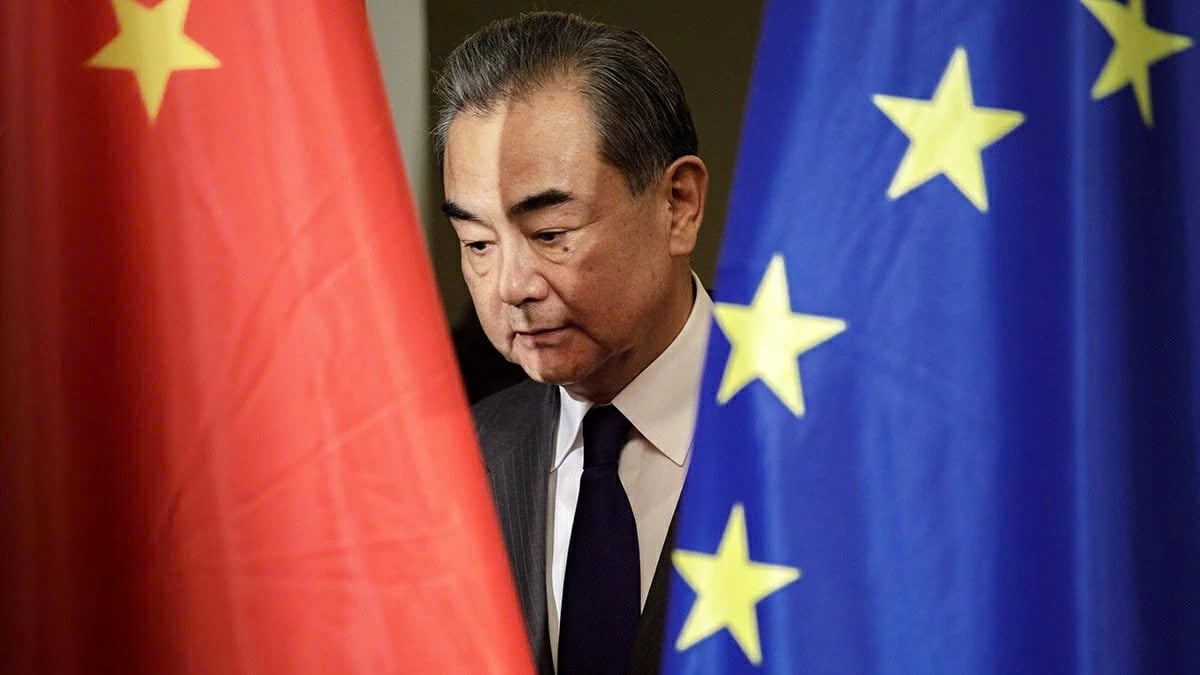
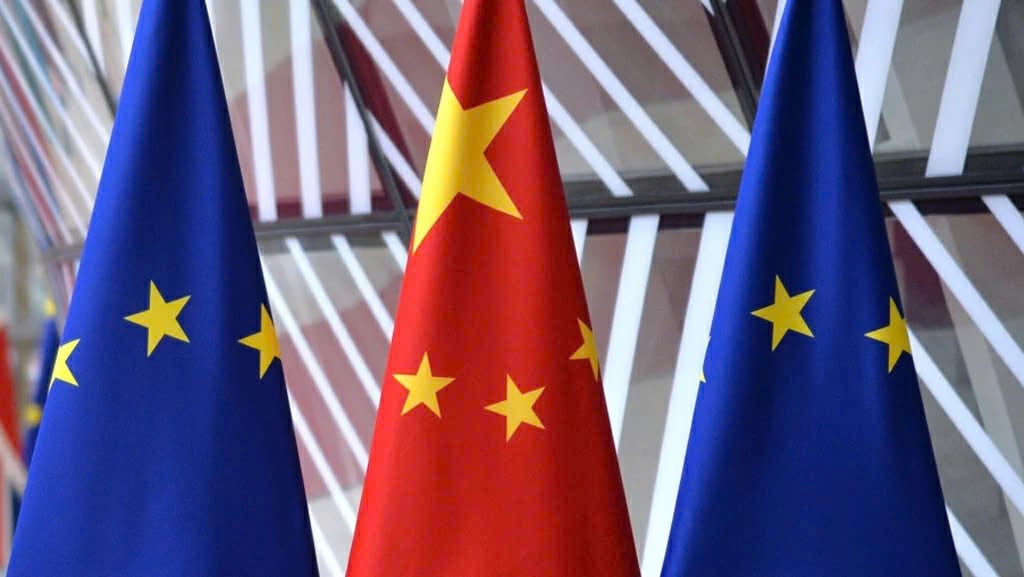


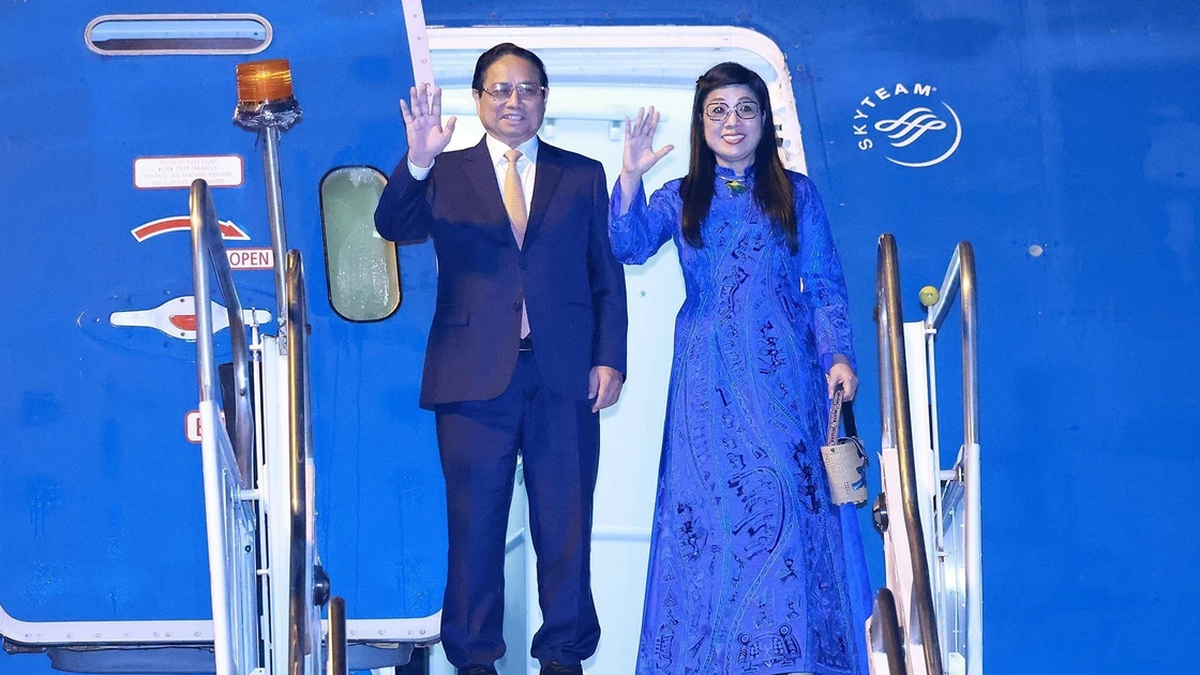






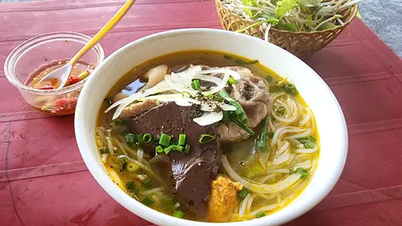

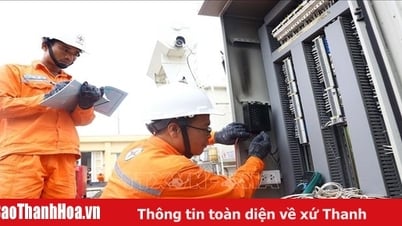
![[OCOP REVIEW] Bay Quyen sticky rice cake: A hometown specialty that has reached new heights thanks to its brand reputation](https://vphoto.vietnam.vn/thumb/402x226/vietnam/resource/IMAGE/2025/7/3/1a7e35c028bf46199ee1ec6b3ba0069e)








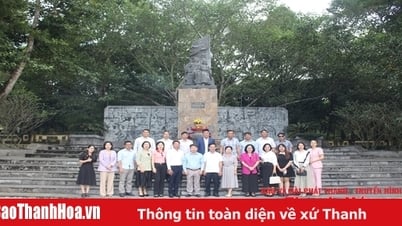

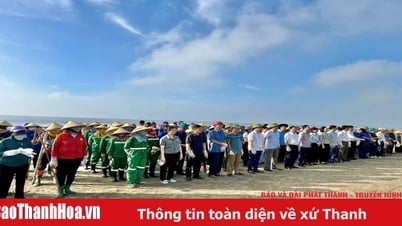
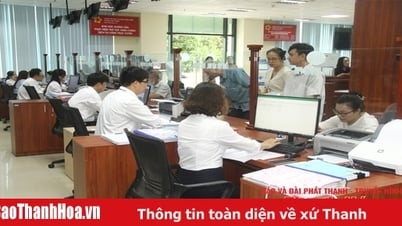
















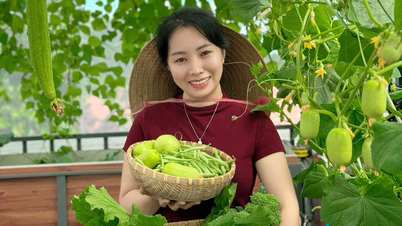





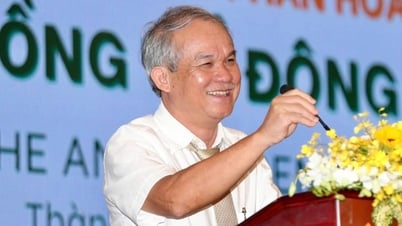

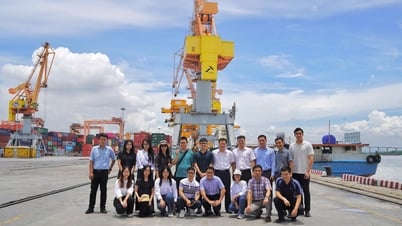

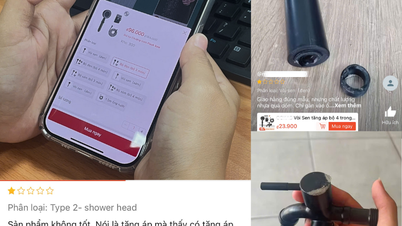

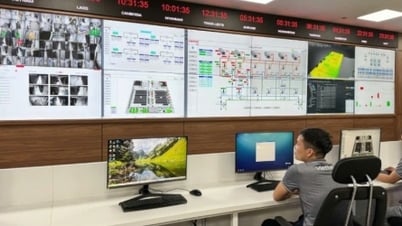



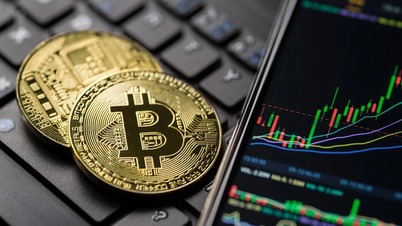
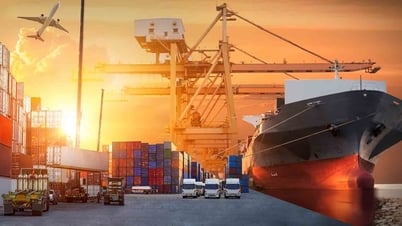

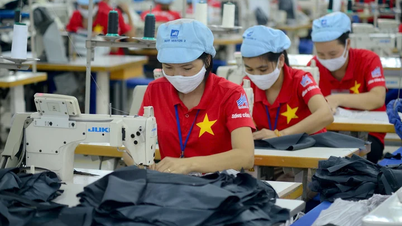





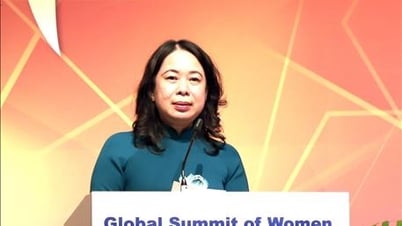

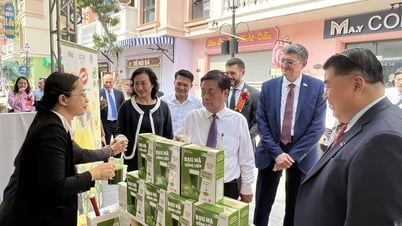











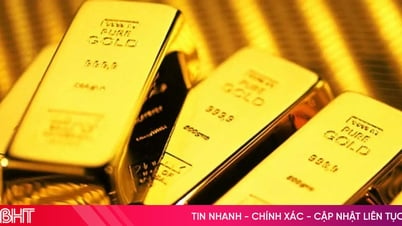


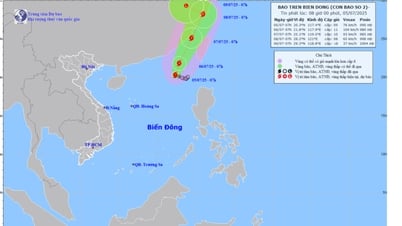




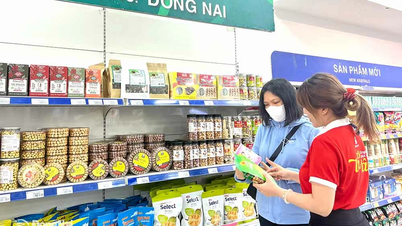



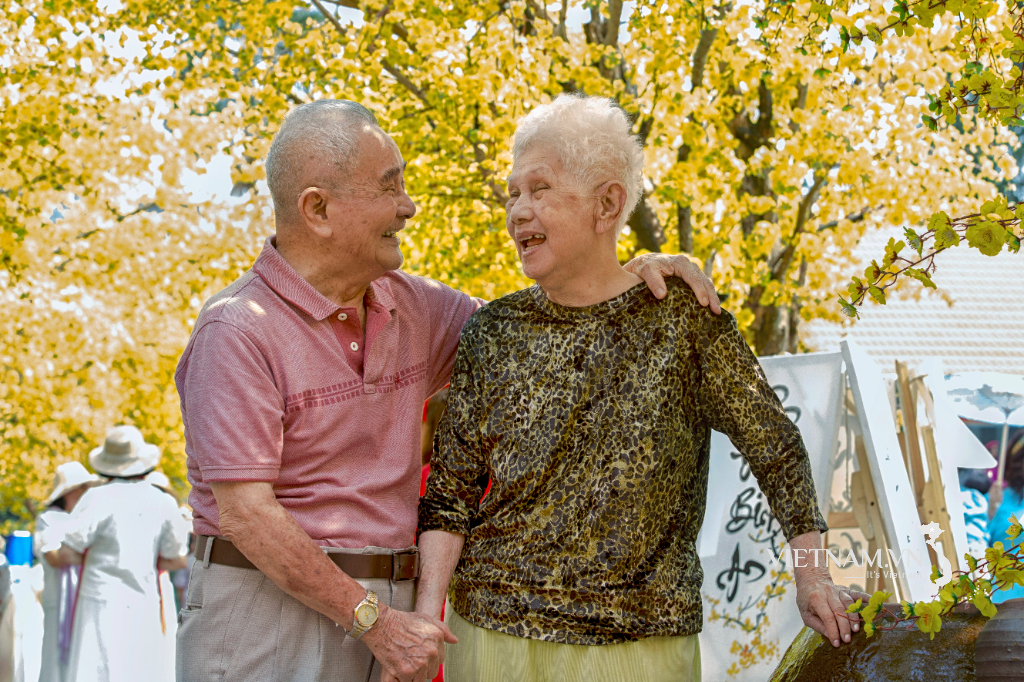
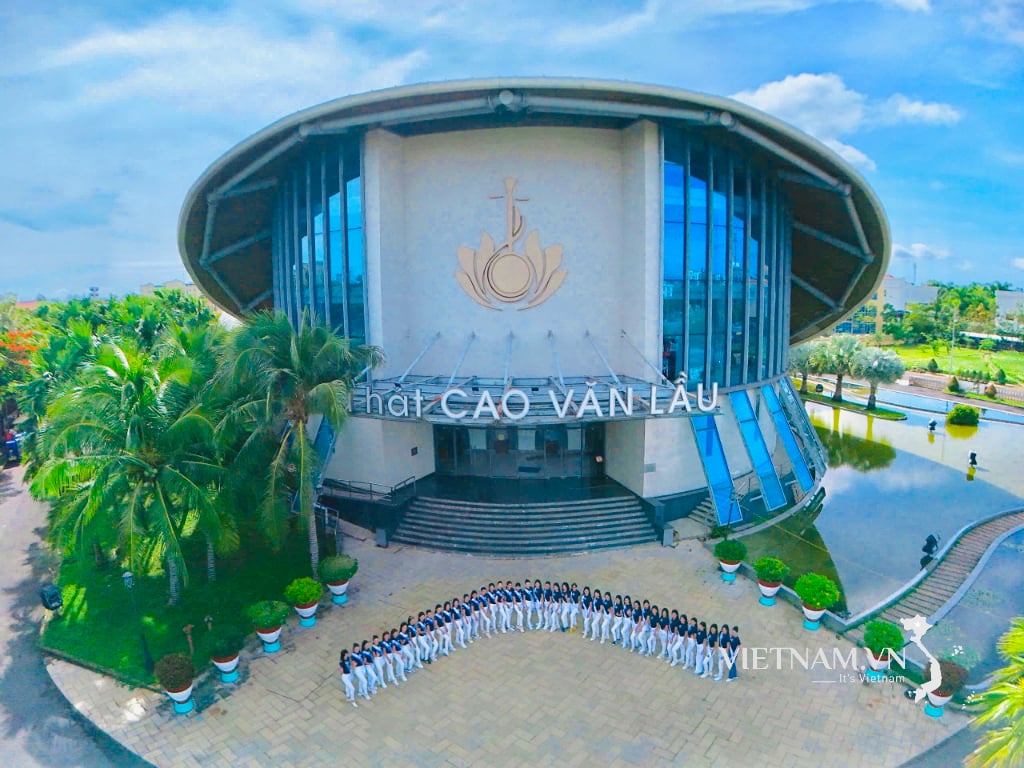
Comment (0)